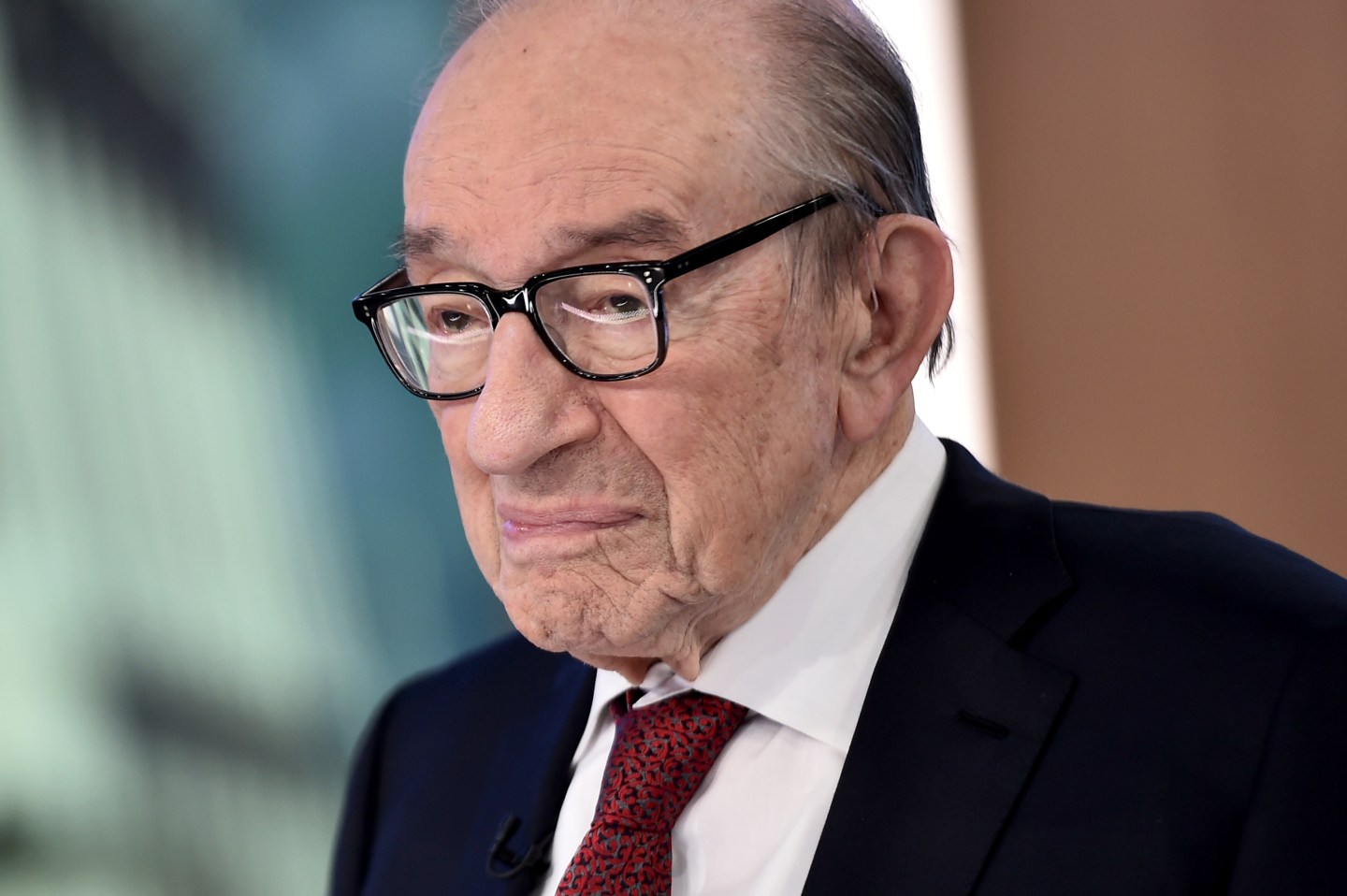Gen Zers are no doubt baffled by such recent headlines as “Fed Chair Powell just had his ‘irrational exuberance’ moment, Ed Yardeni says,” and “Did Jerome Powell Just Say ‘Irrational Exuberance’?” Those headlines refer to a long-ago event involving a previous Fed chair, dizzyingly high stock prices, and an eventual market crash. But beware: Some market soothsayers misinterpret that earlier episode, and getting it wrong could misguide today’s investors.
The headlines were sparked by a Powell appearance where he was asked, after his speech, if today’s record-high stock prices affect Fed policy. He answered, “We do monitor that, but we’re not targeting any level of prices for particular financial assets. We don’t have a view that we know what the right price of any particular financial asset is.” It was classic circumspect Fed talk. Then he added, “We do look at overall financial conditions,” and he went further to note, “For example, equity prices are fairly highly valued.”
Within minutes, the words “highly valued” were pinging through the financial world. The words’ importance was a bit fuzzy. Maybe the Fed would somehow engineer the markets downward, or, with its vast data, it might foresee a market decline.
Old-timers immediately saw the incident’s parallel with a speech Fed Chair Alan Greenspan gave in the 1990s. He mentioned the phrase “irrational exuberance”—in an abstract, what-if way—as a force that might push stock prices too high. No one heard it that way, however. His real message seemed clear: The most influential person in the world’s largest economy thought stock prices were too high.
Today that speech is widely seen as the setup for the historic market collapse of 2000 in which many hot new internet companies succumbed. Those recent headline writers are asking: Could Powell’s remark play the same role in a roaring market fueled by AI?
But that’s not the right question. Greenspan gave his speech in December 1996—almost four years before the market plunge. As he told Fortune years later, “If you had left the market when I gave my irrational exuberance speech, you would have missed another 80% of increase” in stock values. (Actually, it was closer to 100%.) As for Powell’s talk last Tuesday—despite the to-do, the S&P 500 has barely moved.
The lesson isn’t that investors tremble when Fed chairs talk about stocks. It’s that investor behavior is a compendium of many forces, and the Fed chief’s views don’t propel markets one way or another. That doesn’t mean Powell is wrong. His simple statement that stocks are highly valued is indisputable. Most measures are screaming that the S&P is insanely overpriced. The Shiller Cyclically Adjusted Price/Earnings ratio is the highest it has been since the dotcom peak. The price-to-sales ratio hit a new all-time high this week. The Buffett Indicator—ratio of the market’s capitalization to GDP—says stocks are highly overvalued, and Warren Buffett is holding an enormous cash cache because he can’t find bargains.
The truth is, nobody knows if the next crash is coming or when. Not even Fed chairs.












